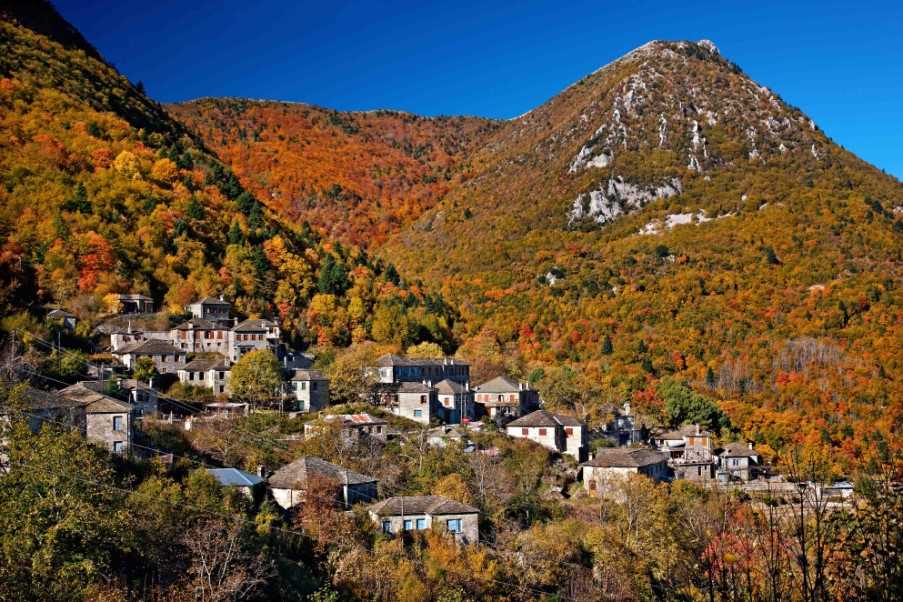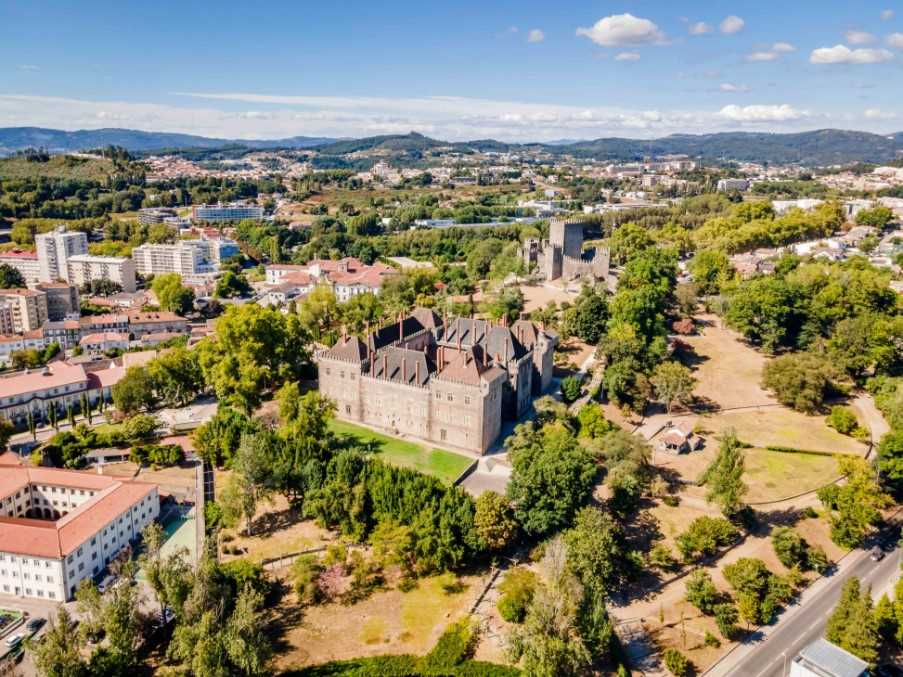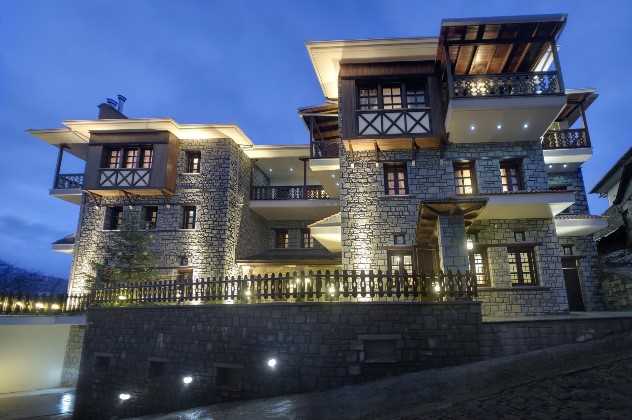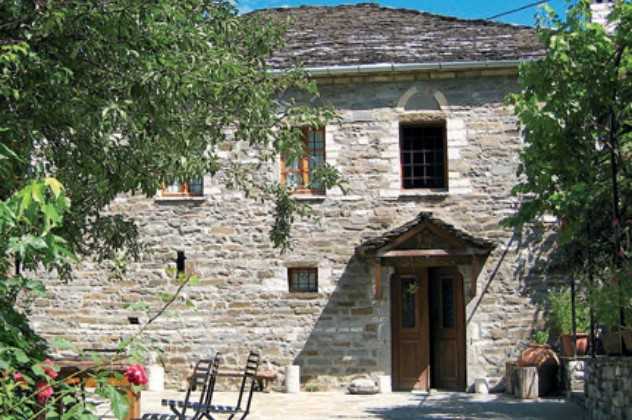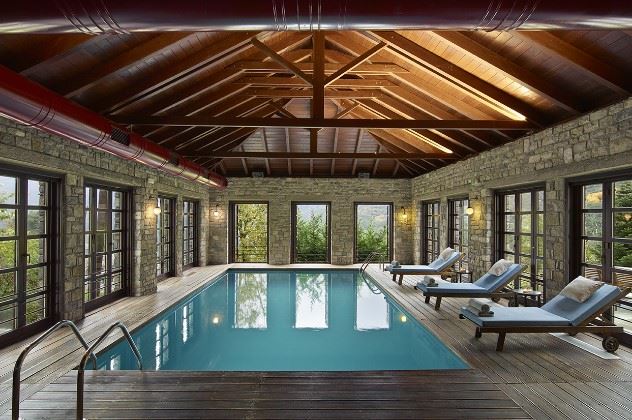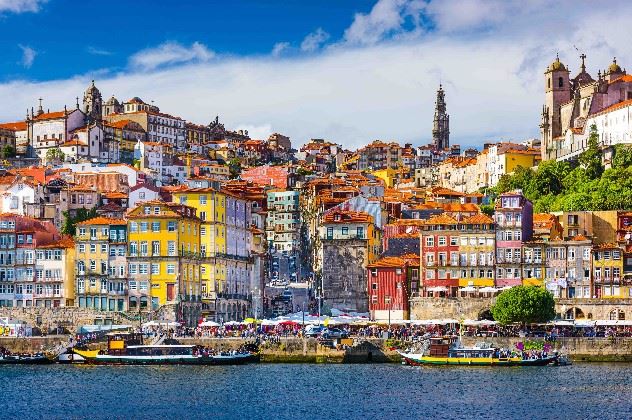Zagoria
Tucked away in the heart of the Pindus mountain range, Zagori is a collection of small, idyllic villages nestled within a national forest. Due to their isolation, these villages enjoyed relative stability and even a semi-autonomous status, allowing them to flourish as a commercial and educational hub. Being on the trade routes linking the Balkans with Europe and the East further contributed to their development. Despite the area's growth, these villages remained unspoiled and are still preserved to this day, surrounded by lush forests and stunning cliffs.
Describing this place is no easy feat, much like reaching it once was. The quaint villages have retained their 18th-century charm, with each one centred around a small square featuring a church, a natural spring, and a grand plane tree – the heart of all social events. These tiny hamlets were constructed from the plentiful materials found in the area, such as stone and timber. The stones were skillfully chiselled by hand and meticulously placed, often without the use of mortar, using an ancient technique that still endures today. As you explore the region, you'll come across the time-honoured stone arches that span the numerous rivers and streams that connect the villages. The landscape itself is awe-inspiring, with rugged mountains dominating the scenery. Massive rocky outcrops gradually give way to lush green slopes that lead to dense forests. Meandering roads intersect with steep, old footpaths that run alongside cliffs, ravines, and gorges, offering spectacular views around every bend.
This unusual and little-known area is one of Greece's best kept secrets and can, with a car, be easily combined with a holiday in Parga, Sivota or Lefkas or as part of a Hidden Greece fly-drive.


